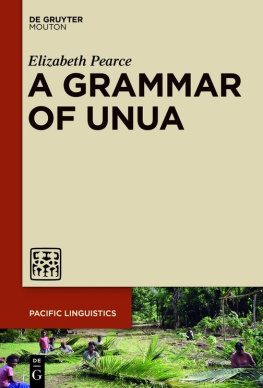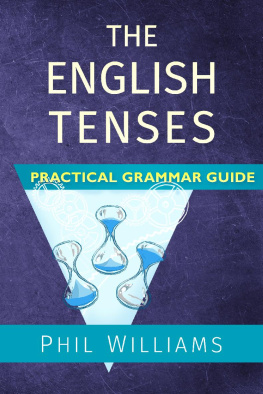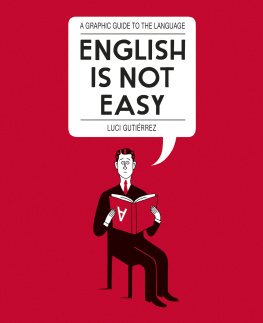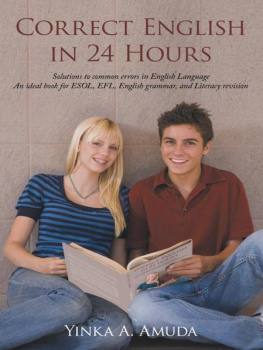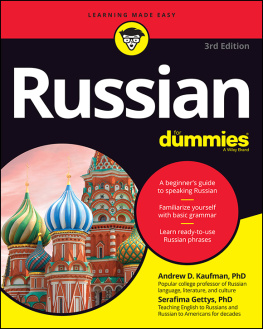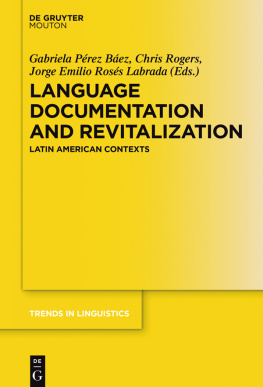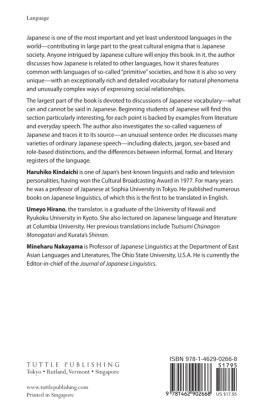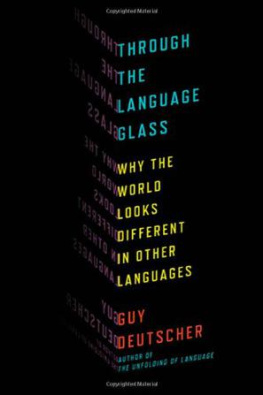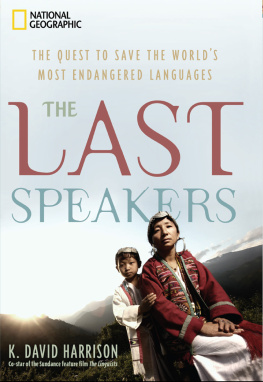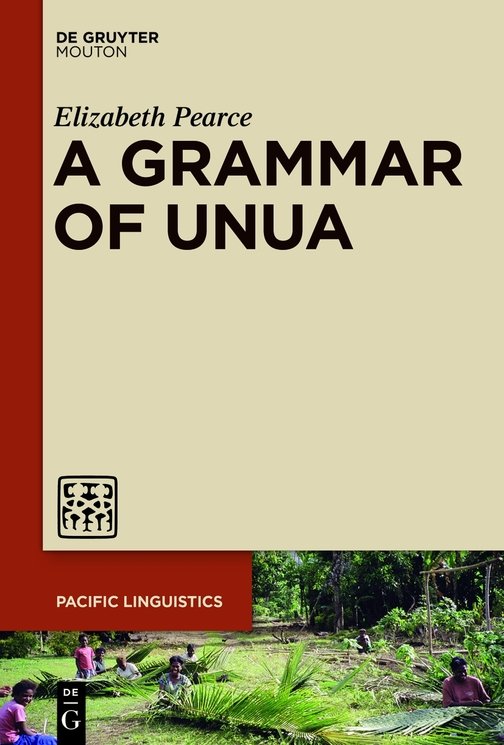Acknowledgements
First and foremost, my thanks go to the Unua people who gave me of their time to listen to my questions and to provide me with data from their language. I would like to particularly acknowledge for their help in various ways: Caroline David, Bill David, Lennie Ririhor, Rema Same, Kela Same, Margaret Shem, Mary Naror, Sevira Johnny, Jenefer Johnny, Annie Basil, Beggie Basil, Moti Sem, Ella David, Lesande David, Loid Same, Ruben, Henri, Jacqueline Willey, Chief Avusa Sengen, Rosie Sengen, Sisi Sengen, Elder Timo Kurgur Nevet, Etta, Betty Masing, Roma Masing, Jill Masing, Willie Apia Masing, Vinmary Masing, Erik Willey, Elder Sande Harry, Keith Harry, Naurkon Harry, Amsin Batik, Fiona Amsin, Elder Philip Robert, John-Philip Harry, Belis Harry, Ireen Harry, Anita Mahit, Ispel, Ezekiel Watik, Chief Kalangis Bembe, Solo Bob, Saniel Charlie, Alan Charlie, Mark Fred, Hamos Heme, Bong Fred, Manai Bembe, Kalkie Charlie, Josua Bob, Kalo Charlie, Itom Bembe, Esrom Bembe, Butin Charlie, Jenny Itom, Chief Edward Kordy, Sembu Oliver, Kelly Oliver, Rretu Bob, Edilson Alick, Sam Alick, The Ten Seagulls String Band, the Ruxbo-Black Sands choir and the Penamor choir.
My special thanks also go to the Unua speakers who graciously allowed me to record their story telling: Margaret Shem, Kela Same, Etta, Avusa Sengen, Timo Nevet, Roma Masing, Willie Apia Masing, Jacqueline Willey, Amsin Batik, Naurkon Harry, Sande Harry, John-Philip Harry, Ireen Harry, Anita Mahit, Fiona Amsin, Kalangis Bembe and Rretu Bob.
Kalangis Bembe, chief and elder of Ruxbo and great scholar of the Unua language, has been my principal mentor in my work on Unua. I wish to acknowledge and to thank him for the huge contribution that he has made both to my data base and to my understanding of Unua.
I am very grateful to the individual speakers who worked intensively with me in one-on-one working sessions: Keith Harry, Kalangis Bembe, Sembu Oliver, Betty Masing, Willie Apia Masing, Caroline David, Belis Harry, John-Philip Harry, Jacqueline Willey, Jill Masing, Ireen Harry, Anita Mahit, Avusa Sengen, Edilson Alick and Sam Alick.
My initial entre into Unua is thanks to Martin Paviour-Smith who kindly followed up on a contact with Ansen Veremaito, the headmaster at the Neramb primary school, leading to an invitation from Ansen for a first visit to Unua. I am very grateful to Ansen Veremaito (who is from Uripiv) and Diana Veremaito (from Ambae) who so graciously hosted my visits in the Neramb primary school community and who housed and fed me on my visits between 2003 and 2009. I wish to thank the Veremaito family and the various other teachers and their families at Neramb for their support and friendship during my stays there, including those who were willing to talk with me about their own languages: Rota (Aulua), Smith (Vnen Taut), and Flora Batick and Toula Telessi (Port Sandwich). I would also like to thank Miriam Meyerhoff and Dorothy Jauncey for helpful discussion and advice before I went on my first field trip to Vanuatu.
I have also been assisted by members of the Vanuatu Cultural Centre in Port Vila and the Malakula Cultural Centre at Lakatoro and, for their help in facilitating my visits, I would like to thank: Ralph Regenvanu, Joel Simo, Numa Fred and Marshall Hoke. I am also grateful to Ross Webb, Director of SIL, Vila, for assistance in facilitating the computer entry of a portion of the Unua New Testament .
My Unua work has been supported by funding from Victoria University of Wellington and by a grant from the Marsden Fund of New Zealand. My first visit to Malakula in 2003 was made possible with a grant from the University Research Fund. In 2004, I became a participant, along with Martin Paviour-Smith of Massey University (working on the documentation of the Aulua language), in a Marsden project initiated and overseen by Terry Crowley of Waikato University (Threatened languages on Malakula: Lessons for Linguistic Theory UOW305/VUW311). Following Terrys untimely death in January 2005, the Marsden administrators generously supported both Martin and myself in the continuation of our work on the project. And many thanks to Jeannette Vine who knew how to deal with the paper work. I am very grateful for the financial support that I have received from the Marsden fund (2004-2008) and for additional supplementary financial support and research leave from the Faculty of Humanities and Social Sciences Research and Leave Committees.
From my base in Wellington I am also grateful for the technical assistance that I have received from Anna Adams, my principal equipment advisor; Bernadette Vine, who has looked after the electronic transferring of my audio recordings; Laura Dimock, who facilitated my access to various software tools helpful for the manipulation of language data; and Jane Barratt who helped with the document formatting. I wish to thank Jesse Dimech for his careful work in preparing the two maps that appear in this book.
It is a great bonus to be working on the documentation of a language with supportive colleagues around. In the first instance, I am hugely indebted to Terry Crowley for having taken me on board in his wide-ranging Malakula project. He was generous in his support of my work and was always willing to comment on my early writing on aspects of Unua. He remains an inspiration in the legacy that he has left behind. John Lynch has been another key figure who has lent his support to my work and provided me with comments on my work. I very much appreciated receiving prepublication copies of their work on Vanuatu languages from Jean-Michel Charpentier (CNRS), Ross McKerras (SIL) and Ross Clark (University of Auckland). I have also been lucky in having been surrounded by colleagues who, like myself, have been taking their first steps in working on the documentation of Malakula languages. I have very much appreciated the collegial interactions that I have had with Martin Paviour-Smith, Amanda Brotchie, Julie Barbour and Laura Dimock. My thanks go also to my immediate colleagues in Wellington who were willing to talk with me about my work and to read early drafts or who helped me in other ways in the preparation of the manuscript: Laurie Bauer, Paul Warren, Jill Musgrave, Emily Greenbank and Sasha Calhoun.
Finally, it has been a great pleasure working with Lara Wysong, the De Gruyter editor. Thanks Lara.
Appendix I
Vowels in verb paradigms
shows how the forms of the vowels appearing in certain of the subject agreement prefixes on the verb are conditioned by the vowel of the following syllable. These effects are represented by the statements in (1) and generalized as a single rule in (2).
(1)
(2)
The vowels which are subject to (2) are the vowels appearing in the agreement prefixes of the 1SG non-realis, 1INCL.PL, 1EXCL.PL and 3PL. Rule (2) has been found to apply consistently (in the data so far collected) in the speech of speakers from the village of Batabbu (the most northerly of the five Unua villages). However, there are certain verbs in the context of which rule (2) does not apply in the speech of some speakers, most notably in the case of speakers from the two southern-most villages, Black Sands and Ruxbo.

